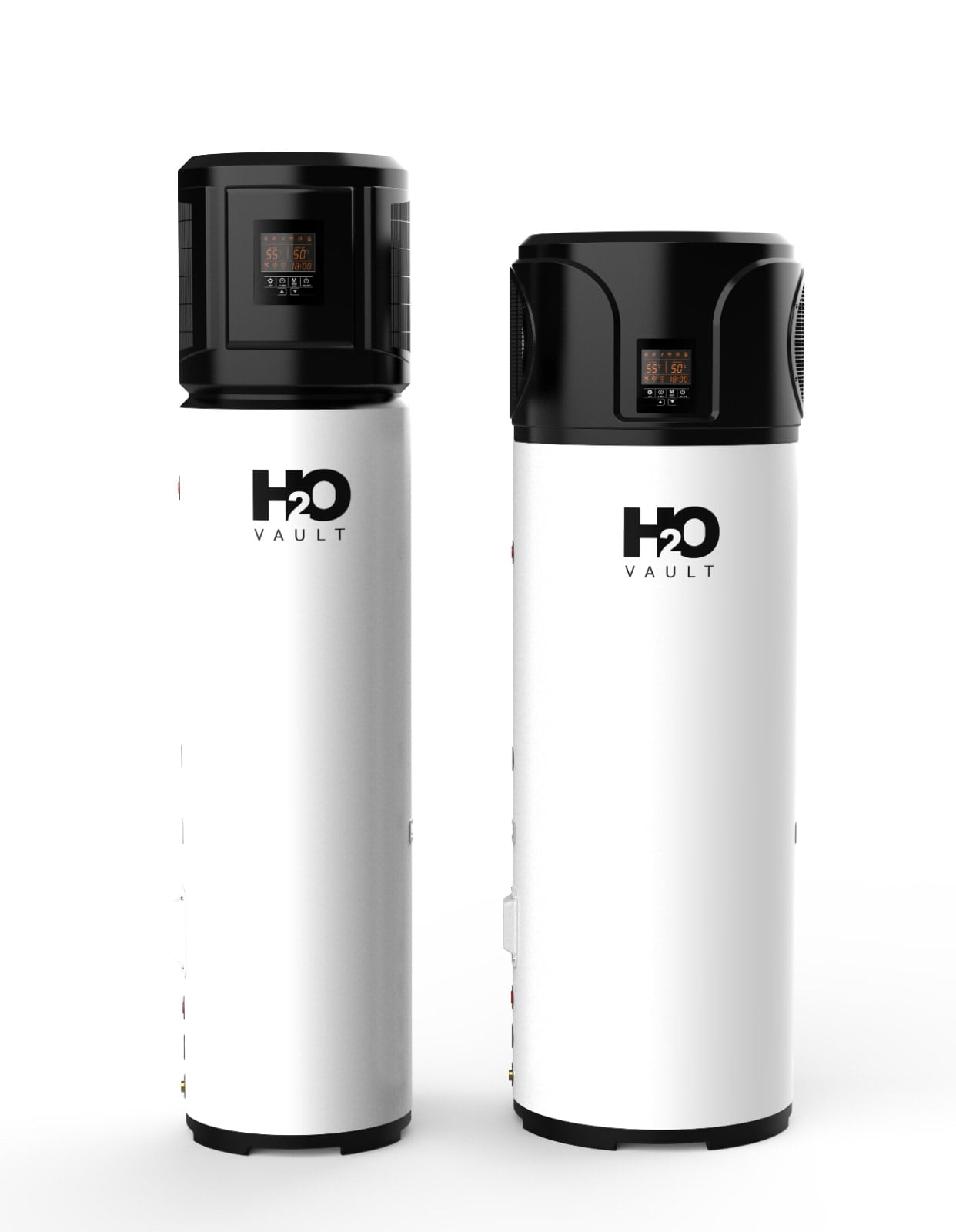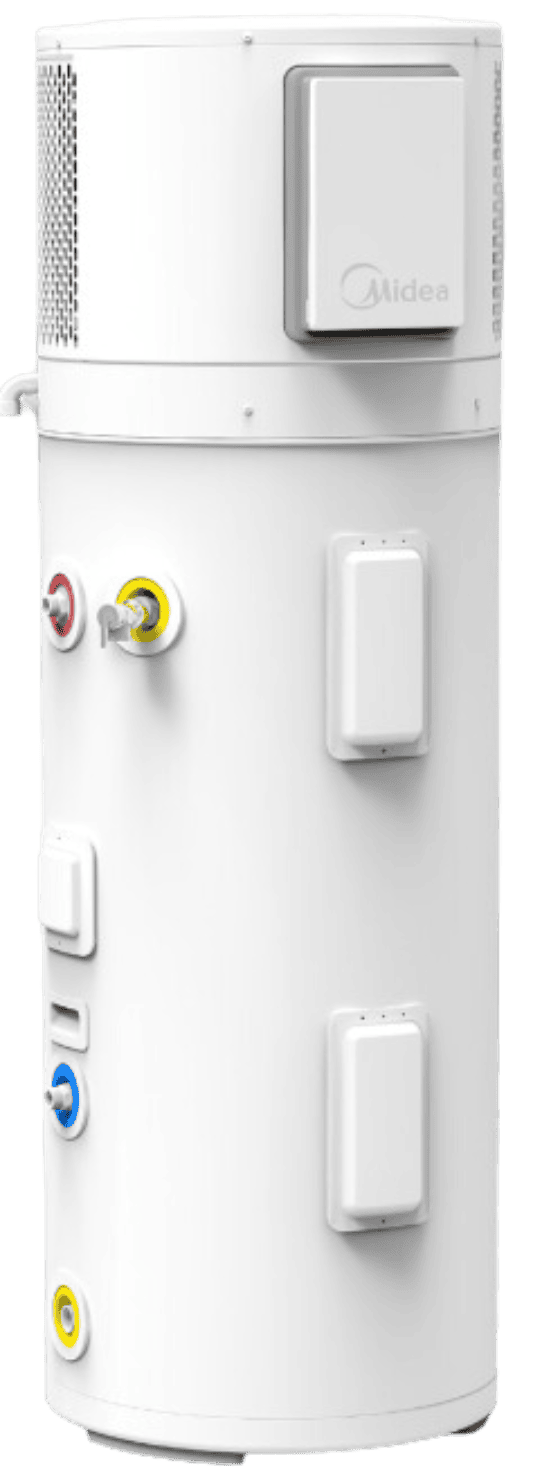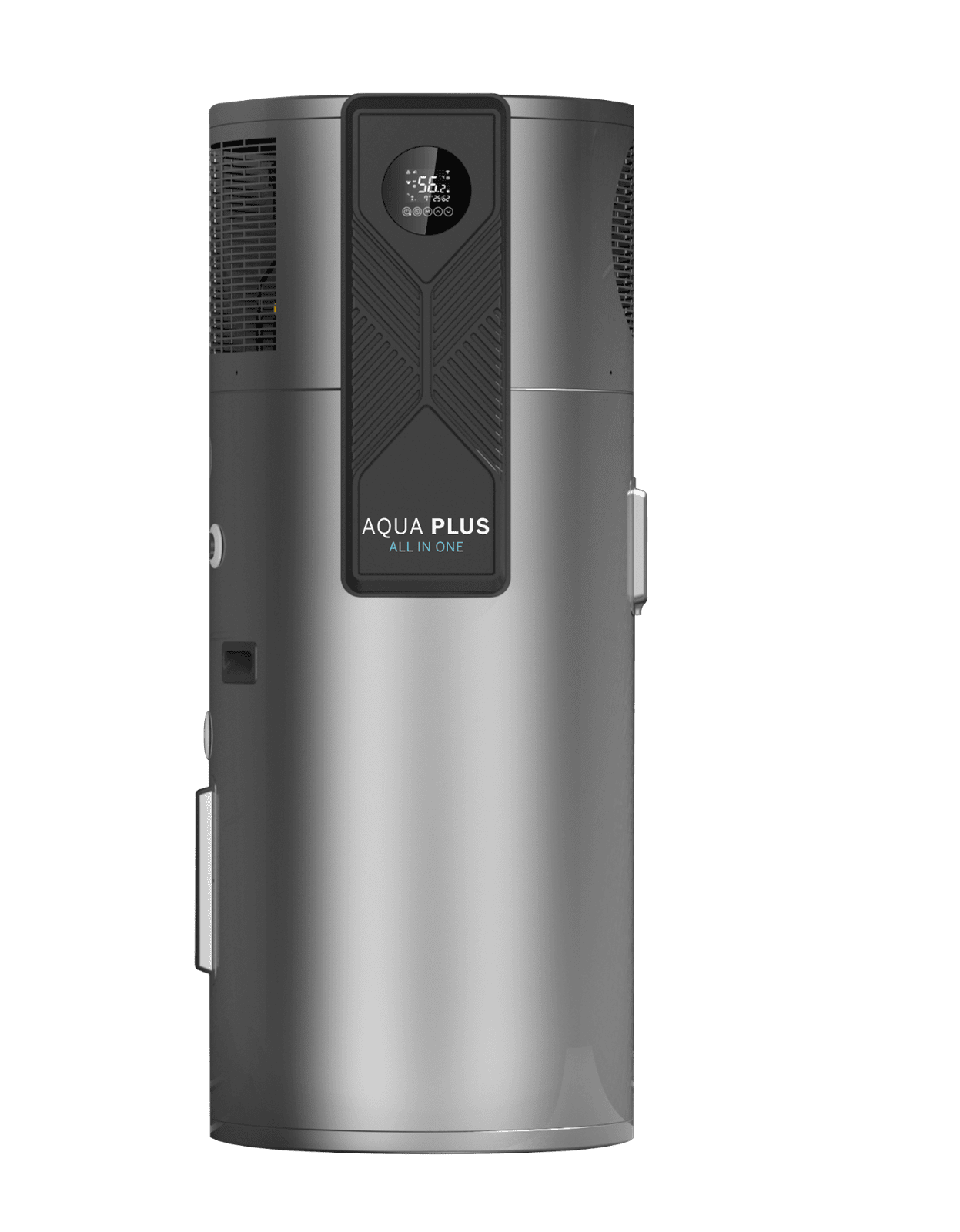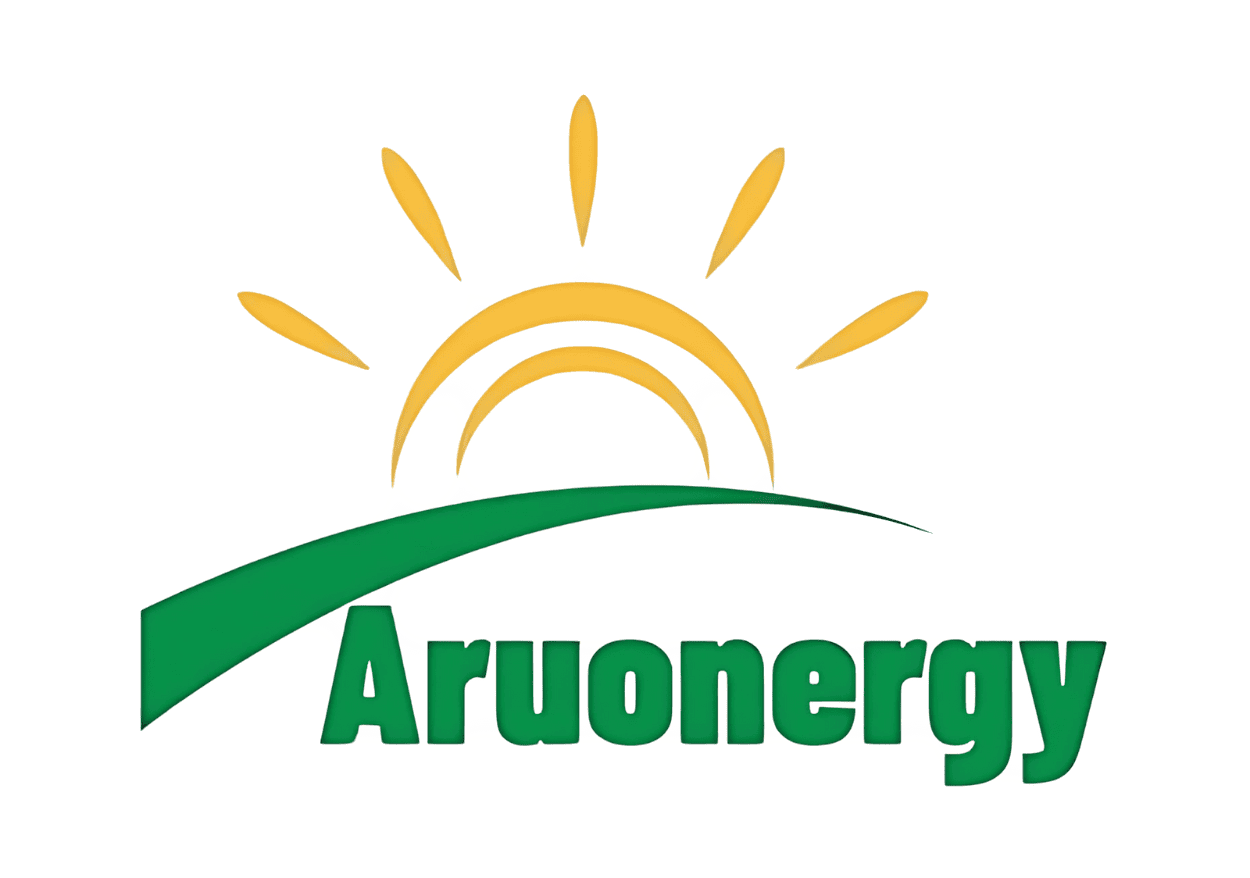Heat Pump
Hot water is essential in every home, and there’s little that matches the comfort of a warm shower or bath. However, running out of hot water at the worst possible moment can be extremely frustrating. Fortunately, with the latest heat pump hot water systems, households can enjoy a dependable and eco-friendly supply of hot water.
Heat pumps work on a straightforward principle: they transfer heat using a minimal amount of energy. In colder seasons, these systems extract heat from the outside air or ground and bring it inside. In warmer months, the process is reversed, with the heat pump removing heat from the interior to keep the building cool.
All Categories
All Categories

H20 Vault Heat Pump
H2O Vault heat pumps revolutionize savings and performance. They integrate with solar systems, storing excess power as thermal energy for nighttime use—offering savings on par with solar batteries.

Midea All-in-One Pump
Harness free energy from the air with the advanced Midea heat pump by Chromagen. This renewable technology uses up to 75% less energy than traditional water heaters, delivering reliable hot water day and night.

AquaPlus All-in-One Pump
AquaPlus, by Hunt Heating, brings 43 years of expertise in premium heating solutions, ensuring quality you can trust. Manufactured alongside top-tier brands, AquaPlus delivers high-end performance at a more affordable price.
Benefits of Heat Pumps
Benefits of Heat Pumps
- Energy Efficiency: Heat pumps are highly efficient, using less energy to transfer heat compared to conventional heating methods.
- Cost Savings: Lower energy consumption can result in reduced utility bills over time.
- Environmental Impact: They produce fewer greenhouse gas emissions compared to fossil fuel-based heating systems, making them a more sustainable choice.
- Versatility: Heat pumps can provide both heating and cooling, making them a versatile year-round solution for climate control.
- Long-Term Durability: Heat pumps generally have a long lifespan and require less maintenance than traditional heating systems.
- Consistent Comfort: They provide a consistent and even temperature throughout the home.
- Improved Indoor Air Quality: By reducing the reliance on combustion-based heating, heat pumps can contribute to better indoor air quality.
- Reduced Noise: Heat pumps operate quietly compared to some conventional heating and cooling systems.
- Low Operating Costs: They often have lower operating costs compared to electric resistance heating and some other heating methods.
- Government Incentives: In many regions, there are incentives, rebates, or tax credits available for installing energy-efficient heat pump systems.
How do Heat Pumps work?
How do Heat Pumps work?
Heat pumps are pretty fascinating! They work by transferring heat rather than generating it through combustion or electrical resistance. Here’s a simplified breakdown of how they operate:
- Heat Absorption: The heat pump absorbs heat from a source (like the air, ground, or water) using a refrigerant. This refrigerant is a special fluid that evaporates at low temperatures. In the evaporator coil, the refrigerant absorbs heat from the source and turns into a gas.
- Compression: The gaseous refrigerant is then compressed by a compressor. This compression process increases the temperature and pressure of the refrigerant gas.
- Heat Release: The hot, high-pressure gas flows through a condenser coil inside the building. As it passes through the condenser, it releases its heat into the indoor space, causing the refrigerant to condense back into a liquid.
- Expansion: The liquid refrigerant then passes through an expansion valve, where it undergoes a drop in pressure and temperature. This cooler, low-pressure liquid returns to the evaporator coil to absorb more heat from the source, and the cycle repeats.
This process allows heat pumps to provide both heating and cooling by reversing the flow of refrigerant. In cooling mode, the heat pump extracts heat from inside the building and releases it outside, functioning like an air conditioner.
How to maintain Heat Pumps?
How to maintain Heat Pumps?
Maintaining a heat pump is crucial for ensuring its efficiency and longevity. Here are some key maintenance tasks you should keep in mind:
- Regular Filter Cleaning or Replacement: Check the air filter monthly and clean or replace it as needed. A clogged filter can reduce efficiency and air quality.
- Inspect and Clean Coils: Both the evaporator and condenser coils can accumulate dirt over time. Clean them annually to maintain optimal heat exchange efficiency.
- Clear Debris: Ensure that the outdoor unit is free of leaves, dirt, and other debris. Keep a clear space around the unit to ensure proper airflow.
- Check the Refrigerant Level: Low refrigerant levels can affect performance and efficiency. Have a professional check and adjust the refrigerant level if necessary.
- Inspect Ductwork: Check for leaks or blockages in the ductwork. Leaky ducts can lead to significant energy loss.
- Test the Thermostat: Ensure your thermostat is working correctly. Consider upgrading to a programmable thermostat for improved efficiency.
- Examine the Insulation: Make sure the insulation around the refrigerant lines is intact to prevent heat loss or gain.
- Check the Drainage: Ensure the condensate drain is not clogged to prevent water damage and mold growth.
- Inspect the Blower: Check the blower components for wear and tear. Lubricate the moving parts if necessary and make sure the blower is running smoothly.
- Schedule Professional Maintenance: Have a professional technician perform a thorough inspection and tune-up at least once a year, ideally before the heating or cooling season begins.
Regular maintenance helps prevent costly repairs and keeps your heat pump running efficiently throughout its lifespan.
New Energy Made Simple!
Enjoy hassle-free installation with the best rates and professional guidance from our experts.

